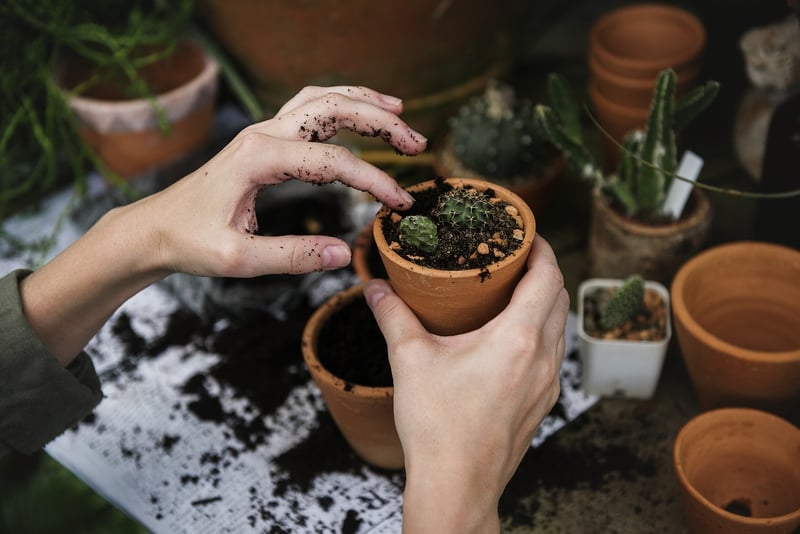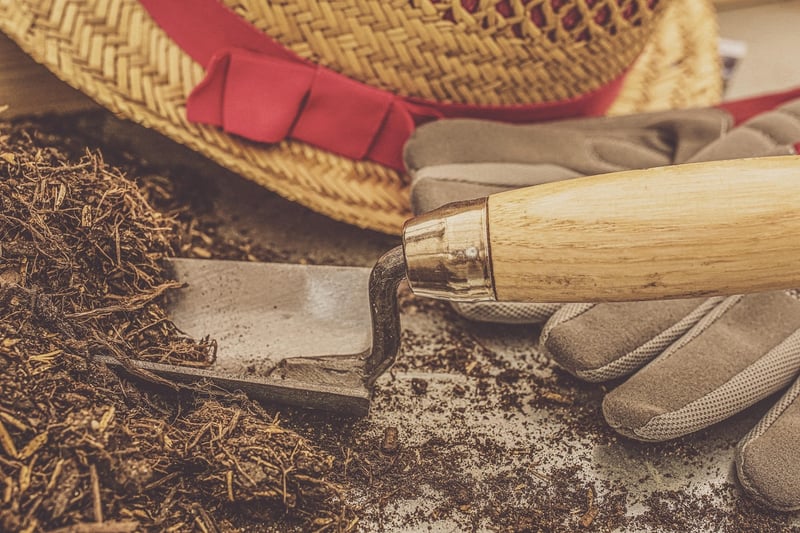Soil Maintenance
Essential Practices for Plant Health and Soil Maintenance
Introduction
Keeping your plants healthy and ensuring the fertility of your soil are crucial aspects of successful gardening. By following some essential practices, you can create an environment that promotes plant growth and overall soil health.
1. Proper Watering
Water is essential for plant growth, but overwatering can lead to root rot and other issues. Ensure your plants receive adequate water based on their specific needs. Use a watering can or drip irrigation system to deliver water directly to the roots.
2. Adequate Sunlight
Most plants require sunlight to photosynthesize and grow. Place your plants in locations where they can receive the appropriate amount of sunlight based on their species. Monitor sunlight exposure throughout the day and adjust plant placement as needed.
3. Nutrient-Rich Soil
Healthy soil is the foundation for strong plant growth. Use organic matter such as compost and mulch to enrich the soil with essential nutrients. Consider conducting a soil test to determine its pH levels and nutrient content for optimal plant health.
4. Weed Control
Weeds compete with your plants for nutrients and water. Regularly remove weeds from your garden to prevent them from hindering plant growth. Consider using mulch to suppress weed growth while also retaining soil moisture.
5. Proper Mulching
Mulch helps regulate soil temperature, retain moisture, and suppress weed growth. Apply a layer of organic mulch around your plants to provide these benefits. Ensure that the mulch is not directly touching the plant stems to prevent rot.
6. Crop Rotation
Rotate your crops seasonally to prevent the depletion of specific nutrients in the soil. Different plant species have varying nutrient requirements, so rotating crops can help maintain soil fertility and reduce the risk of pests and diseases.
7. Regular Monitoring
Keep a close eye on your plants for any signs of pests, diseases, or nutrient deficiencies. Early detection allows for prompt intervention, such as applying organic pesticides or adjusting soil amendments to address any issues.
Conclusion
By incorporating these essential practices into your gardening routine, you can promote plant health and maintain the fertility of your soil. With proper care and attention, you can enjoy a thriving garden filled with vibrant and healthy plants.

For more gardening tips and resources, visit Gardeners.com.
